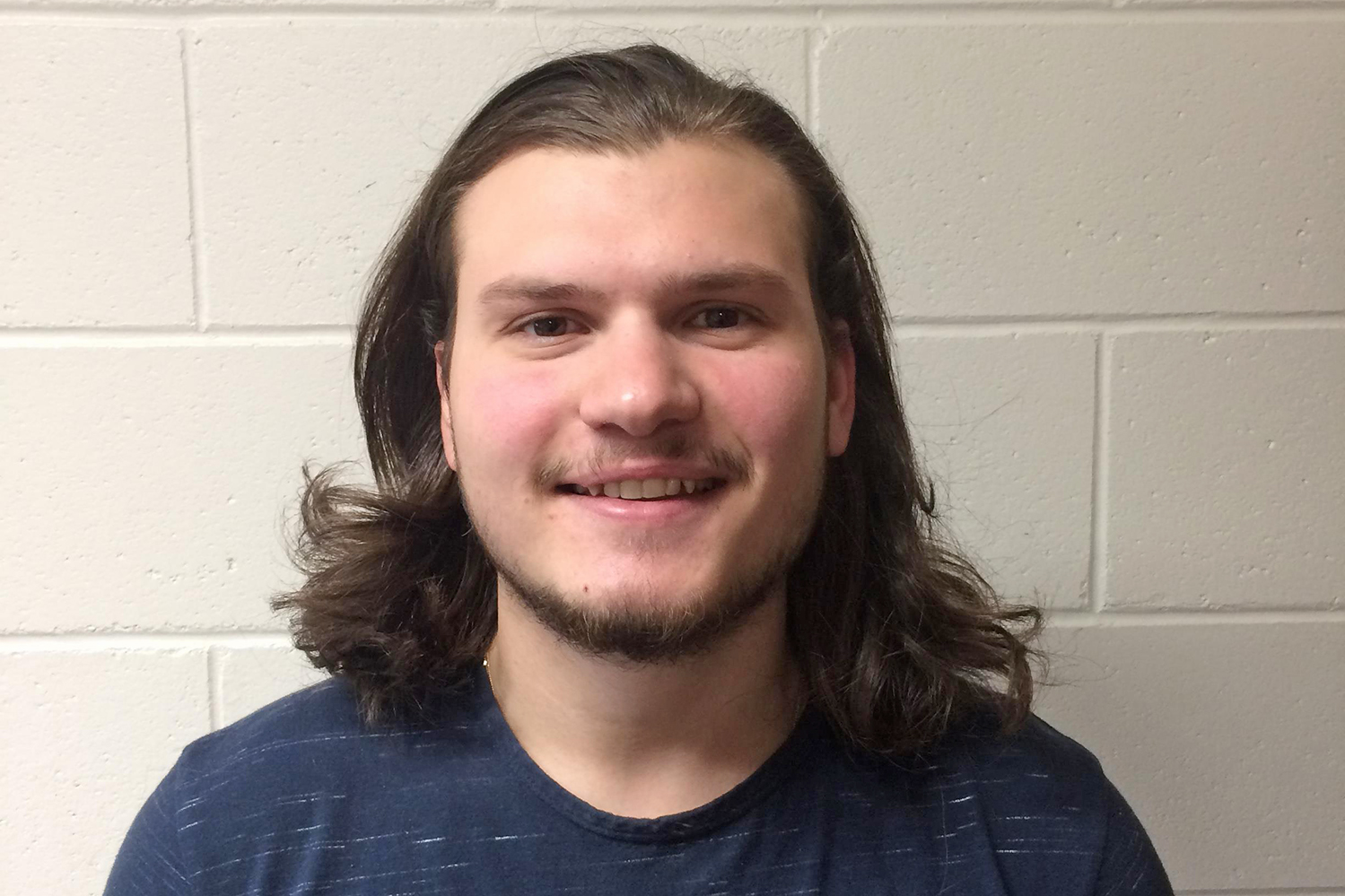Here’s a scenario for you: You’re in elementary school and you come home from school, only to have your parents ask, “What did you learn today?” What did you respond with? I’ll bet you responded with, “I don’t know,” and then proceeded to tell them all about what you did at recess, or your lunch hour club.
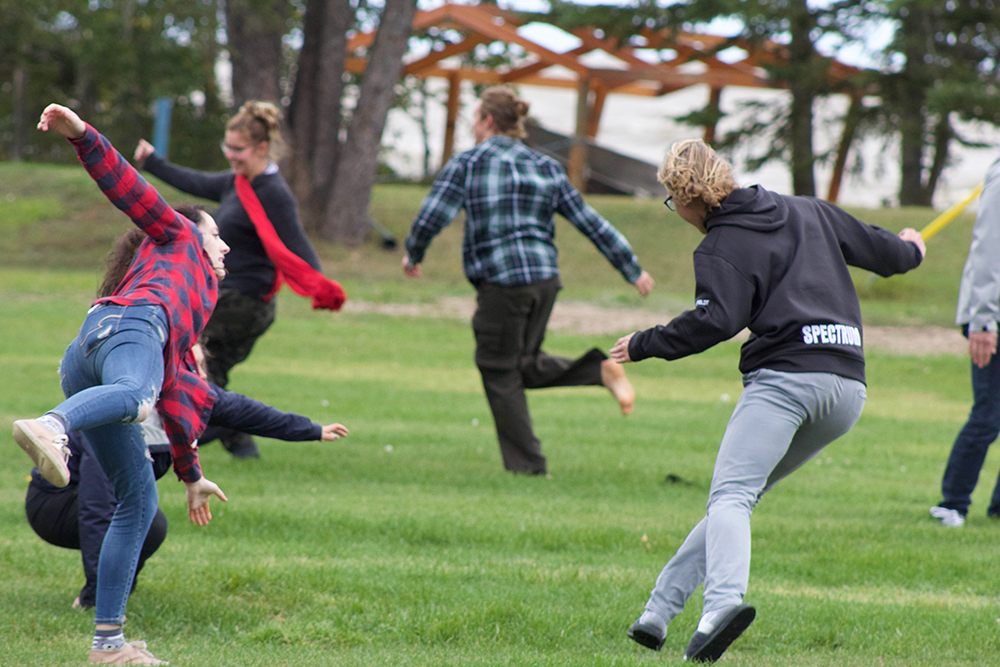
You may not be in elementary school anymore, but are things really that different? We learn lots in school, but the memories that stick with us come from everything in between classes. That’s why getting involved at CMU is so important. It’s the moments like playing a game of pool in the second floor Poetcker Hall lounge, volleyball games, or going on the Fall Retreat that stand out.
That’s why getting involved at CMU is so important.
There is just as much to be learned and experienced from extra-curricular activities at CMU as there is from the classroom. That includes anything from learning how to be a good friend from the community life, to learning various skills from being on student council.
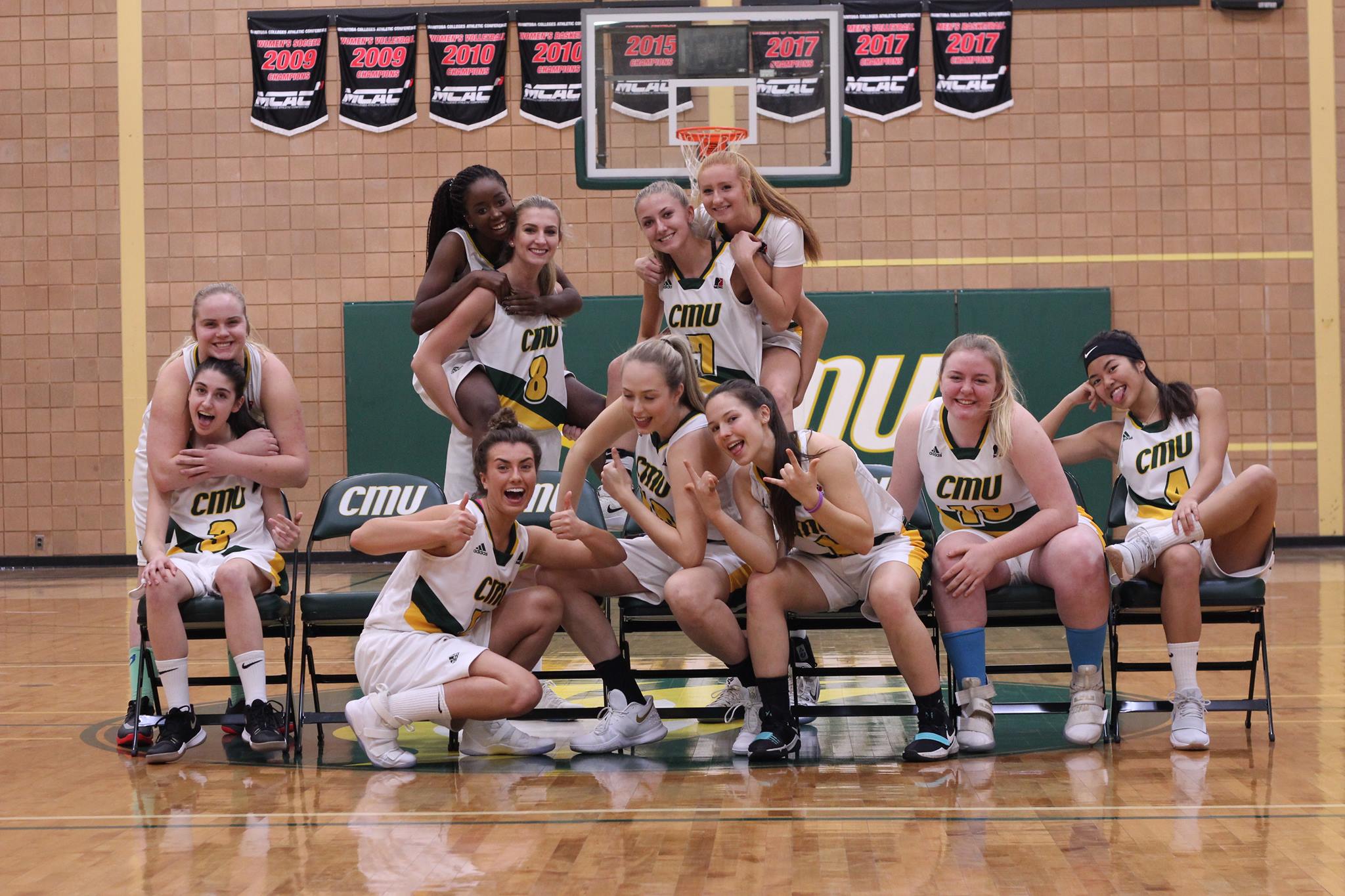
But you have to be willing to put yourself out there. It’s tough not to be intimidated about getting involved early in your university career. Looking back, I could have gotten more involved earlier in my time at CMU. As a communications student who loves to write, you’d think I’d have thrown my name in for The Doxa right away. Instead, I waited until my fourth year. Why? That’s a question I still ask myself.
Writing for The Doxa was one of the best decisions I’ve made at CMU in several ways. It was a great way to connect with other students and have a time to get away from the regular homework at weekly meetings. It gave me an opportunity to do something I loved. But it also equipped me with some valuable tools for a career in communications. For one, it gave me some starting pieces to add to a portfolio of published articles; something that any communications professional will need no matter where they apply for a job. It also helped me hone my writing skills, and let me experiment with different styles of writing in a safe environment.
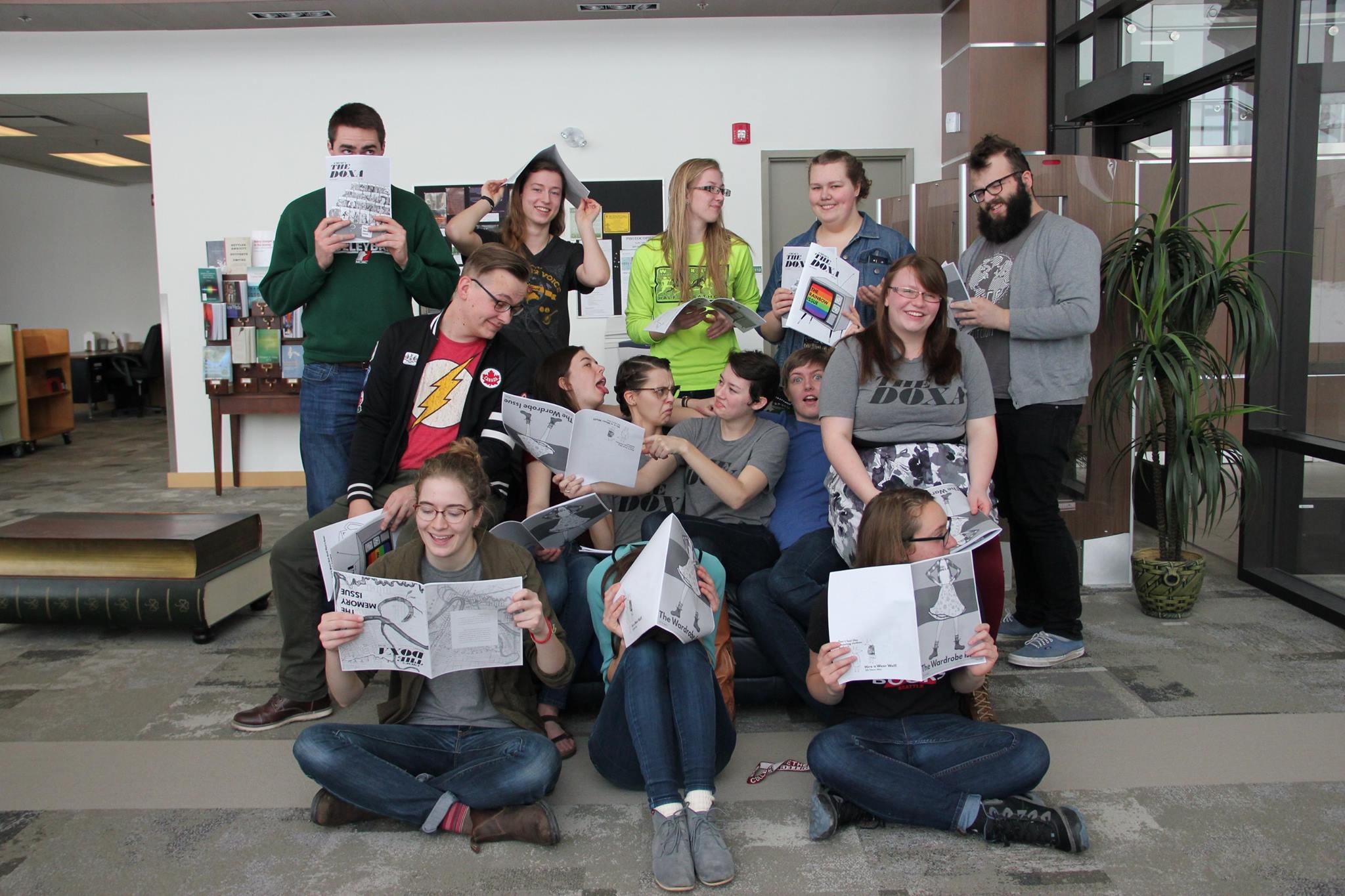
Better yet, the opportunity I had with The Doxa gave me opportunities outside of CMU. While people are often aware that smaller universities offer plenty of places to get involved within the school, they commonly have the misconception that they don’t offer as great of opportunities outside the halls of the institution. That couldn’t be more wrong in CMU’s case. Being involved at CMU and joining The Doxa helped me get a job at the Winnipeg Sun this past summer, and prepared me for a practicum at True North Sports and Entertainment this year.
Being involved at CMU and joining The Doxa helped me get a job at the Winnipeg Sun this past summer, and prepared me for a practicum at True North Sports and Entertainment this year.
What’s the point of this story? Well, it could happen to you too. What better place is there to build a foundation, and make some friends? Where else will you get opportunities like you do in university? These things get tougher after university life, so make the best of them while you’ve got the access to them. You won’t regret it.
Jason Friesen is our lead blogger, and he’s in his final year of a Communications and Media degree at CMU.


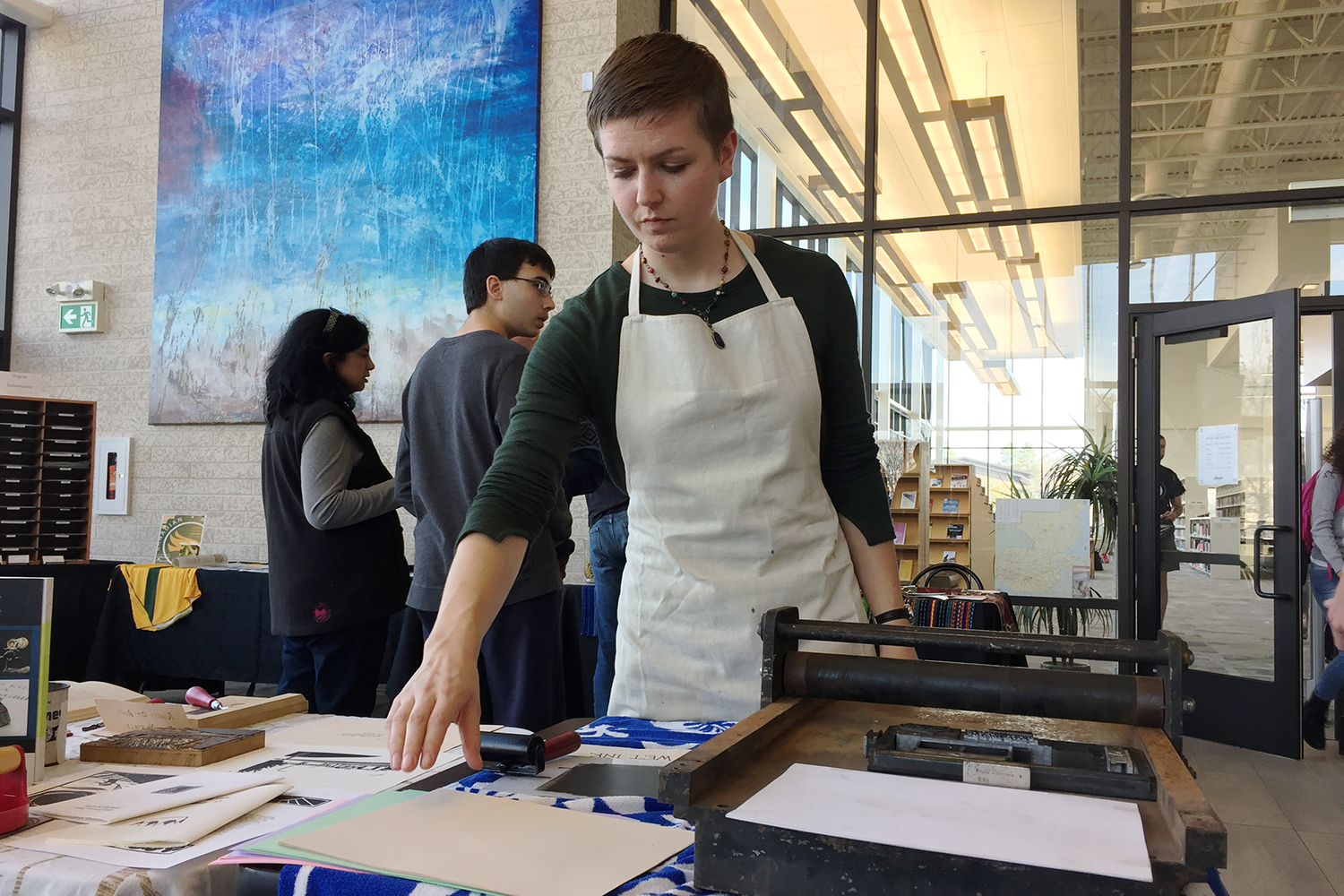
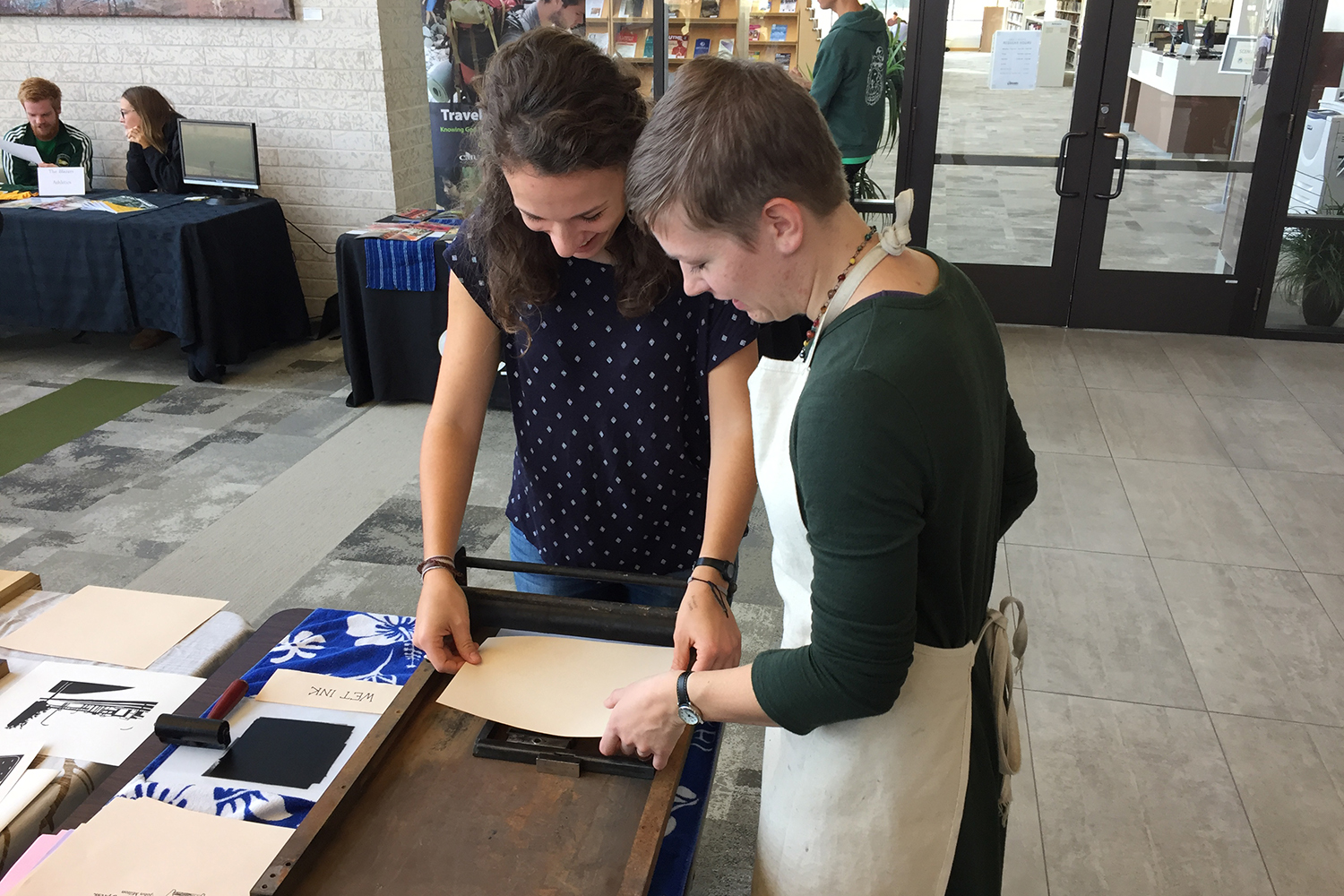
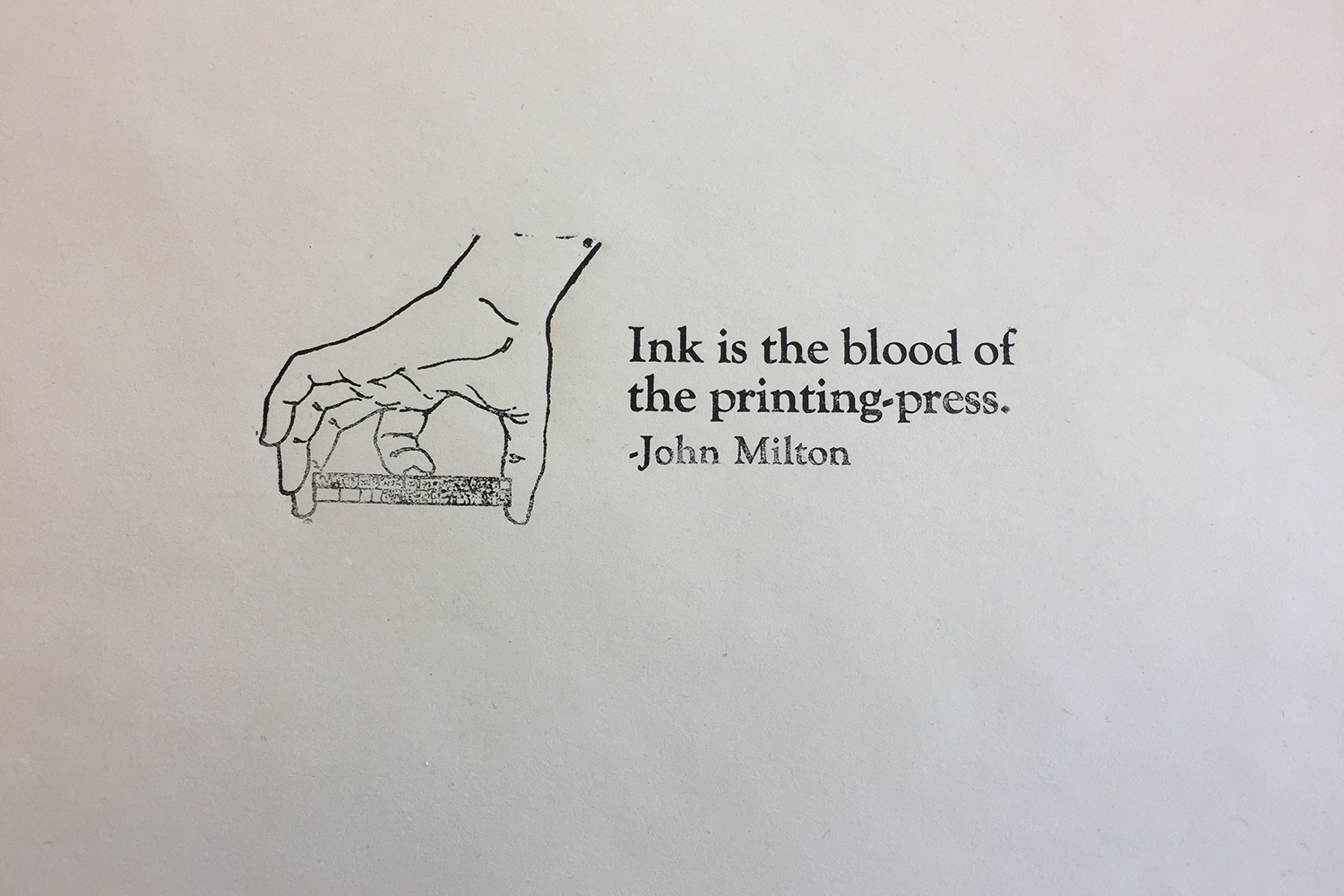


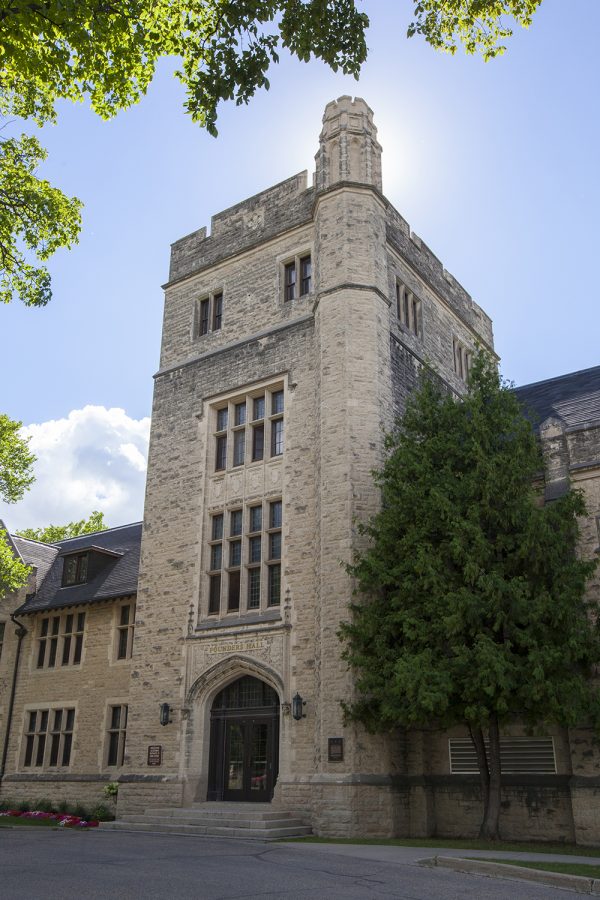 Christmas concerts that I attended on the campus as a child, I felt at home by the time I went to visit the campus as a prospective student, let alone my first day of school as a student.
Christmas concerts that I attended on the campus as a child, I felt at home by the time I went to visit the campus as a prospective student, let alone my first day of school as a student.
 So how are you supposed to know who you are going to be spending your time with before your university experience starts? Well, for the most part you won’t. But visiting a campus and making connections with the people who are there before you even get there will help you start to create that circle of people that will be around you when you start attending university. Or at the very least, they will be the people who will get you settled in to find that group of people that will help you create a home at your university.
So how are you supposed to know who you are going to be spending your time with before your university experience starts? Well, for the most part you won’t. But visiting a campus and making connections with the people who are there before you even get there will help you start to create that circle of people that will be around you when you start attending university. Or at the very least, they will be the people who will get you settled in to find that group of people that will help you create a home at your university.